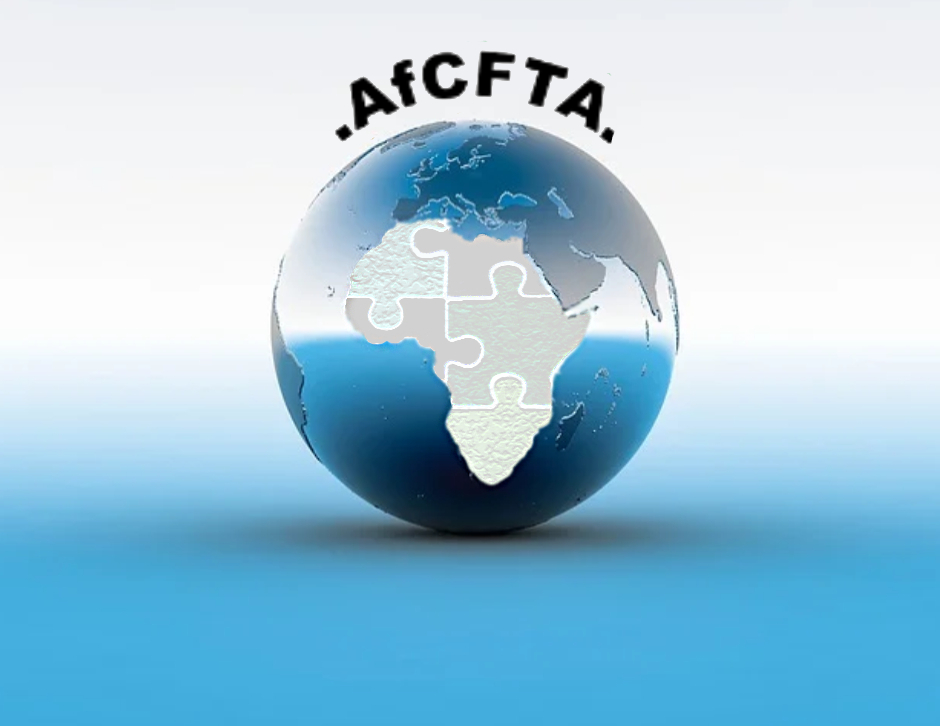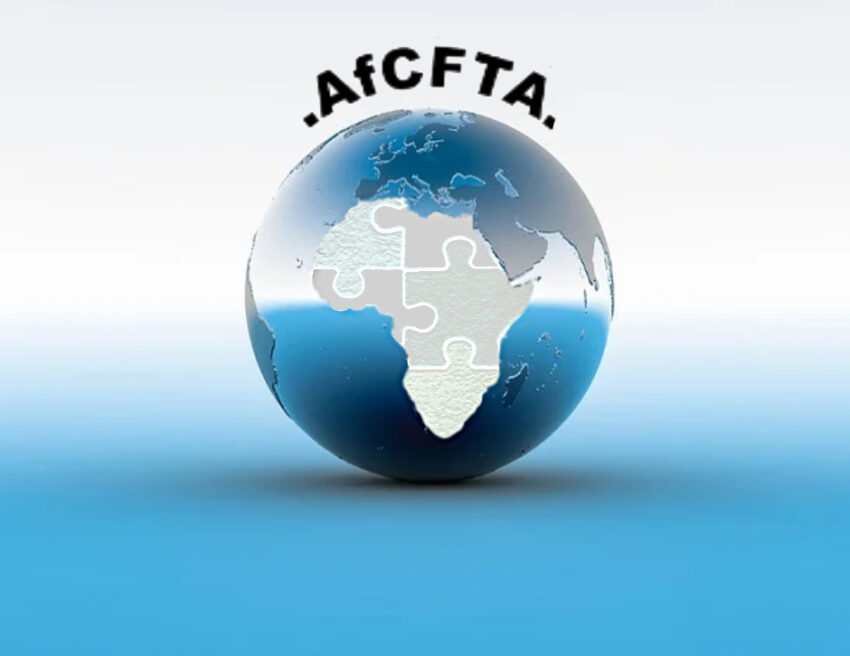On 1st January 2021, the implementation of the African Continent Free Trade Agreement (AfCFTA) has finally allowed the African nations to officially commence trade under a new free trade area across the continent. The AfCFTA has created the largest free market in the world by connecting 1.3 billion people from 55 nations with a total GDP of $3.4 trillion. So far the trade volume within Africa was meagre. The new agreement is all set to boost trade among the participating nations by over 50%. With the elimination of import duties and the possible reduction of tariff barriers, the independent freight forwarders have lots to gain from the new scenario. In today’s blog, we are going to discuss how the AfCFTA is going to impact the transportation and logistics industry and help the cause of the independent freight forwarders.
How AfCFTA will help the transportation and logistics industry in Africa
-
More intra-African trade
To begin with, according to the World Bank, this agreement will foster intra-African exports by more than 81%. Additionally, the exports with countries outside Africa will increase by 19% within the next 15 years. The manufacturing export is one sector which is expected to make the most of this new Act. This sector alone is expected to see a 110% augmentation of trade within Africa and 46% increase of trade with non-African countries. The growth of the manufacturing sector will provide the African countries with the option of supply chain diversification. In other words, the growth of intra-African trade and supply chain diversification will undoubtedly benefit the freight forwarding companies in Africa.
-
Removal of trade barrier and import costs
The elimination of trade barriers while moving freight within the continent will help the shippers in more than one way. Moreover, it will also have a positive impact on the pricing of commodities. Lower commodity price will lead to greater consumption which in turn will benefit the manufacturers and shippers alike. Besides, removal of trade barriers will significantly reduce the transport time of cargoes. It will create new market opportunities for African manufacturers that will increase the project opportunities for the logistics companies in Africa.
-
The growth of e-commerce
The AfCFTA is expected to boost the income of all member countries. Increased income implies a boost in the consumer market. The middle class population in several African countries is already spending money on consumer goods. Therefore, e-commerce is on the rise in Africa. The rise of e-commerce in Kenya, and Nigeria, has already opened up new avenues for independent freight forwarders in these countries. This trend is expected to increase in the coming years.
-
Investment in infrastructure will help the logistics companies
The AfCFTA will result in the development of rail and road infrastructure across the continent. Moreover, the rise in trade will also see a need for specialized transportation services like cold chain logistics. Africa regularly exports meat, flowers and vegetables to countries in Asia and Europe. The development of rail and road infrastructure and the creation of new warehouses will greatly help the shippers with the transportation of perishable shipments. The focus is being expected to shift towards rail freight because of its cheap cost of operation. As a result, there will be a shift towards a sustainable multimodal transportation.
The creation of new trade routes will give rise to the need for warehouse operators and professional freight forwarders specializing in project cargo, cold chain logistics etc. Besides, this will also entail a growth in the export volume. All of these will help to create a more competitive market. The overall economic growth and enhancement of sales processes will soon be translated into faster and cheaper shipping and enhanced connectivity between the domestic and international seaports.
-
AFCTA will boost investments towards digitization
The AfCFTA will result in more investments towards digital innovation. This is the most logical outcome even though the agreement doesn’t specify any concerns in the digital field. The Phase 3 of AfCFTA clearly enumerates that the area of e-commerce will be given priority. E-commerce goes hand in hand with a robust digital infrastructure. It will gradually pave the path for a digital economy in the continent. As a result there will be enough opportunities for greater efficiency, entrepreneurship, and the creation of new markets and jobs.

The opportunities provided by the AfCFTA
To sum up, we need to conclude with the series of opportunities that this Act will provide for the African nations.
-
Positive economic outcome
As per a study by the Mo Ibrahim Foundation if rightly implemented the AfCFTA could result in a total business and consumer expenditure of $6.7 trillion by 2030. Moreover, it will help to reshape and reinforce the economies and markets in several countries. This will result in the growth of new industries and the expansion of key sectors like manufacturing. Therefore, the African nations will now be able to compete on an international scale.
-
It will reduce poverty in Africa
The new act emphasizes on bolstering the commitment of the member countries to address the problem of poverty through boosting trade. Free trade will provide employment opportunities thereby reducing poverty and bringing shared prosperity.
-
More job opportunities for women
Tariff reduction will allow the women entrepreneurs to function through formal channels. This will give them more protection. Additionally, the growth of the manufacturing sector will open up many job opportunities for women. It will help to lower the gender income gap and create opportunities for women to start small business endeavours.
-
It will counter the negative effects of Covid-19
The AfCTA has provided the business enterprises in Africa to counter the negative effects of the pandemic. Furthermore, it will make the African nations more ready to deal with similar unprecedented occurrences in the future.
Wrapping it up
In conclusion, it can be said that AfCTA will set an example of the advantages of collaboration for freight forwarding companies all around the world. Collective action and active cooperation is the future of logistics in this increasingly competitive scenario. The AfCTA demonstrates how increased cooperation will help to deepen the ties among the small players in this industry. They will now be able to provide the customers with better cross-border solutions.
This agreement will help Africa to gradually replace Asia as the developing region with a considerable economic growth rate. By allowing free trade among African nations it will help in the expansion of the African economy. Consequently, the transportation and logistics industry in the continent should also work on teaming up with both national and international partners. This will allow them to expand the scope and area of operation and provide a more comprehensive solution.


